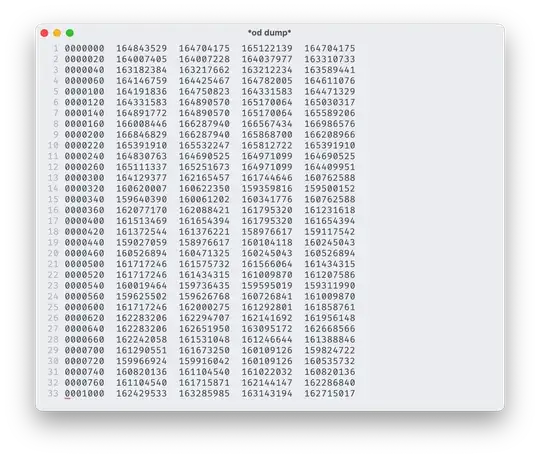A nice feature of viewing binary files with hexl-mode is it displays the equivalent ASCII values to the right of your hexidecimal lines.
Is there a way to make hexl-mode treat hex values as floats, doubles, or some other format instead of ASCII? If not, is there a way to easily do the conversion on a line or region basis and display the result in the same buffer?
Suggestions for modes besides hexl-mode are fine, but I would prefer to stick to the built-in modes if it doesn't require too much .emacs configuration.
